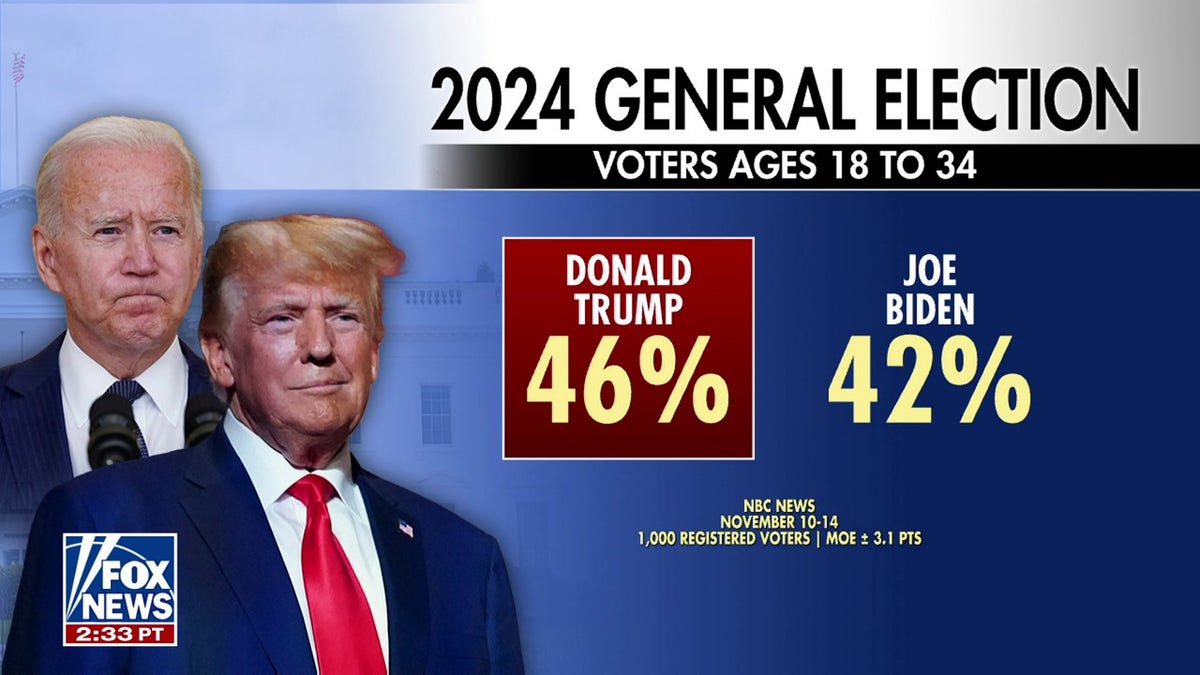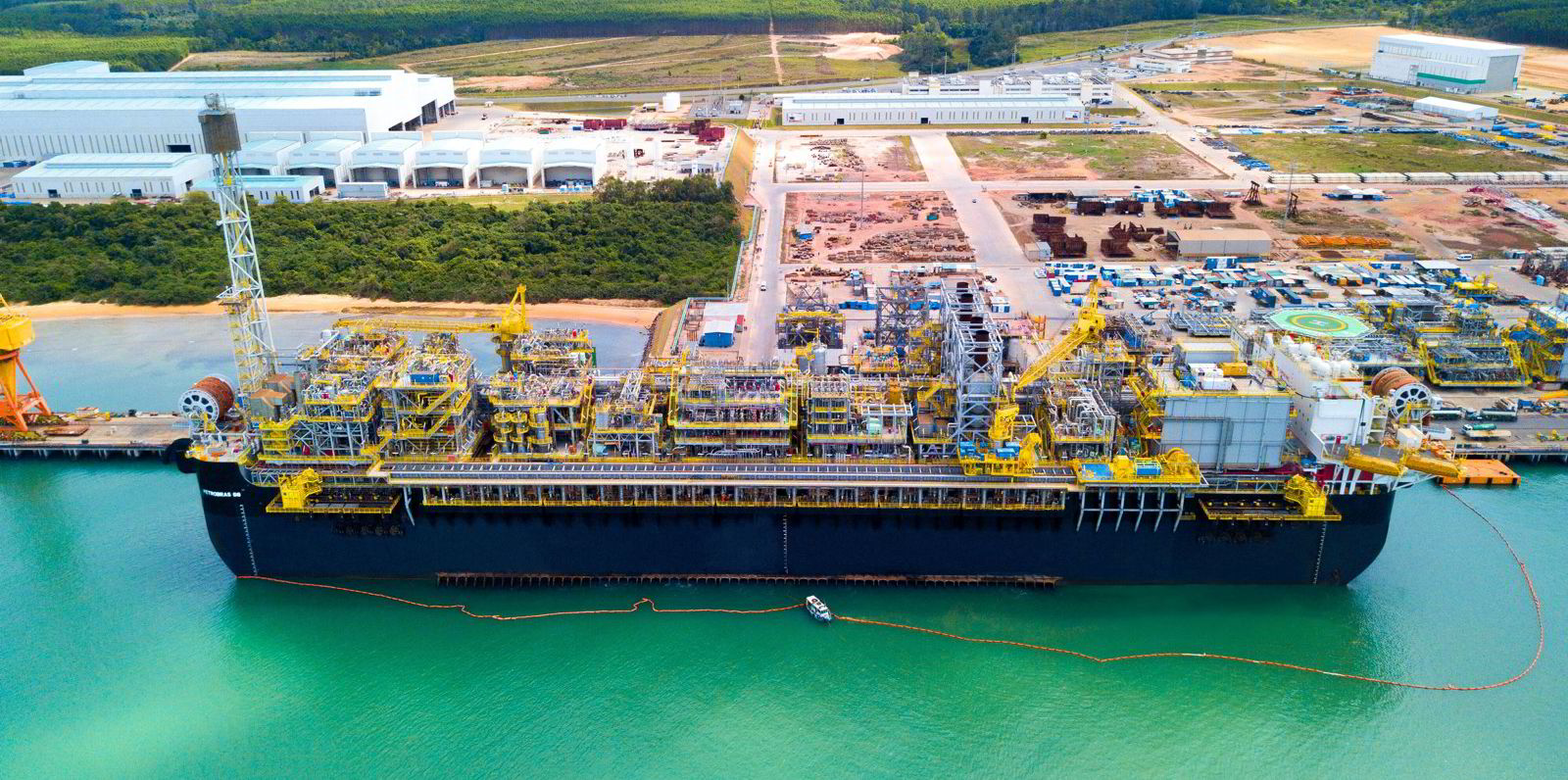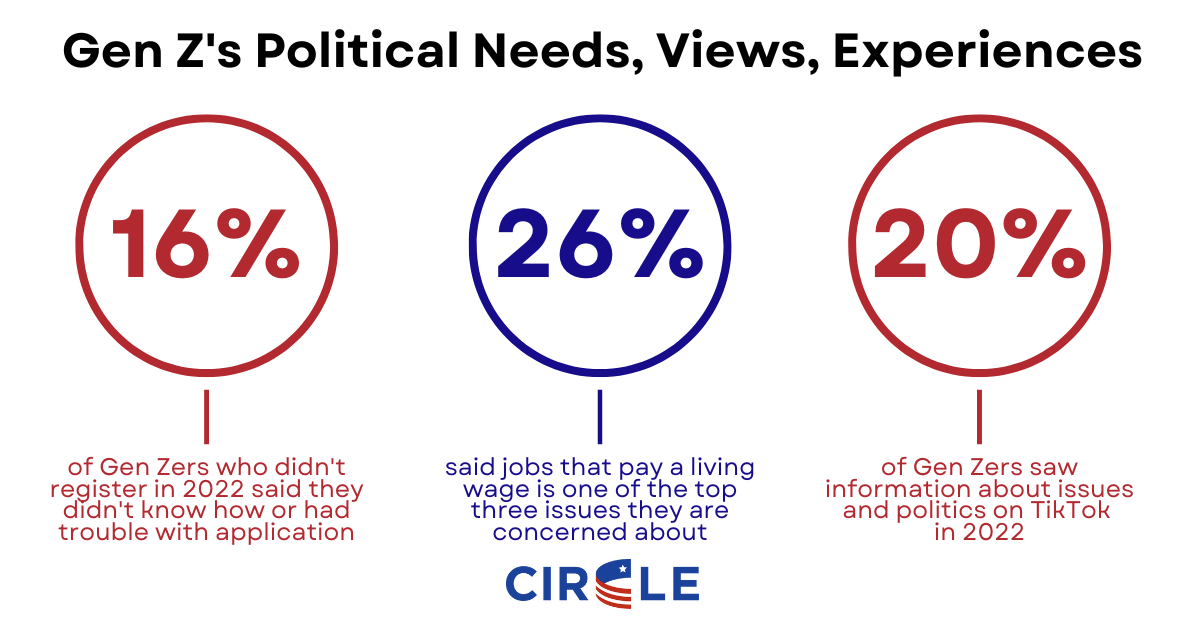Donald Trump And The Price Of Oil: A Critical Analysis Of His Approach

Table of Contents
Trump's Energy Independence Focus and its Impact on Oil Prices
Donald Trump's administration championed energy independence as a cornerstone of its economic strategy. This focus manifested in several key policy decisions that directly and indirectly influenced oil prices.
Promoting Domestic Oil Production
A central element of Trump's energy policy was the aggressive promotion of domestic oil production. This involved:
- Increased drilling and extraction on federal lands: The administration eased restrictions on drilling on federal lands, opening up new areas for exploration and extraction, particularly impacting shale oil production.
- Removal of environmental regulations: Numerous environmental regulations, perceived as hindering domestic energy production, were rolled back or weakened. This primarily benefited the shale oil industry, a major contributor to US crude oil output.
- Encouraged investment in domestic oil and gas infrastructure: Policies aimed at streamlining permitting processes and incentivizing investment in pipelines and other infrastructure facilitated the expansion of domestic oil production capacity.
Impact: These actions led to a short-term increase in the domestic supply of crude oil. While this could have exerted downward pressure on prices, the global oil market is significantly complex. Global supply and demand dynamics, OPEC actions, and geopolitical events ultimately played a far larger role in determining the actual price of crude oil.
Withdrawal from the Paris Agreement
Trump's decision to withdraw the United States from the Paris Agreement on climate change sent shockwaves through the international community. While not directly impacting oil prices in the short term, this decision had several indirect implications:
- Impact on global climate change efforts: The withdrawal signaled a reduced commitment to transitioning away from fossil fuels, potentially leading to increased long-term reliance on oil and gas.
- Potential for increased reliance on fossil fuels: This decreased global commitment to renewable energy sources could have, in the long run, sustained demand for crude oil.
- Limited direct, immediate impact on oil prices: The immediate price impact of the withdrawal was minimal. However, it contributed to a broader narrative questioning the long-term viability of oil and its role within a global transition to cleaner energy sources.
The Role of Sanctions and Geopolitical Factors
Trump's foreign policy significantly impacted global oil markets through the strategic use of sanctions and its approach to international relations.
Sanctions on Iran and Venezuela
The administration imposed and tightened sanctions on major oil-producing nations like Iran and Venezuela. These sanctions aimed to curb their oil exports:
- Reduced oil supply from major producers: The sanctions effectively reduced the global supply of crude oil, which, ceteris paribus, typically puts upward pressure on prices.
- Potential for upward pressure on global oil prices: The reduced supply from Iran and Venezuela contributed to market tightness and, consequently, higher prices. However, this effect was often offset by other factors such as global demand fluctuations.
- Analysis of the effectiveness of sanctions: The effectiveness of these sanctions in achieving both geopolitical and economic goals remains a subject of ongoing debate, with differing assessments regarding their impact on the targeted nations and global oil markets.
Relationships with OPEC and other Oil-Producing Nations
Trump's administration actively engaged with OPEC (Organization of the Petroleum Exporting Countries) and other oil-producing nations, seeking to influence their production levels. However, the success of these efforts was mixed:
- Impact of Trump's foreign policy on OPEC production quotas: The administration's diplomatic efforts to encourage increased production from OPEC members had varying levels of success.
- Assessment of the success of efforts to influence oil production levels: While some agreements were reached, OPEC's decisions were ultimately driven by its own assessment of market conditions and internal dynamics.
- Discussion on the complex relationship between US policy and global oil supply dynamics: The relationship between US policy and global oil supply was far from straightforward, with multiple factors constantly interacting.
The Unintended Consequences and Market Volatility
While Trump's energy policies had intended impacts on the oil market, unforeseen circumstances and global events significantly influenced oil prices.
The COVID-19 Pandemic and the Oil Price Crash
The COVID-19 pandemic created an unprecedented demand shock, resulting in a dramatic collapse in oil prices:
- How Trump's policies interacted with the unprecedented demand shock: The existing oversupply in the market was further exacerbated by the sudden decline in global demand during the pandemic lockdowns.
- The role of government interventions (and lack thereof) in mitigating the oil price collapse: The administration's response to the oil price crash was limited, focusing more on broader economic stimulus measures than direct intervention in the oil market itself.
- Analysis of market volatility during this period: The pandemic period displayed extreme market volatility, highlighting the vulnerability of the oil market to major global events.
Long-Term Implications for the Oil Market
The long-term effects of Trump's energy policies remain a subject of analysis and ongoing debate:
- Assessment of lasting impacts on the structure and behavior of the oil market: Trump's policies clearly impacted the short-term trajectory of oil prices, but their lasting legacy remains unclear.
- Evaluation of the long-term sustainability of energy policies implemented: The emphasis on fossil fuel extraction raises questions about its long-term sustainability in the context of climate change concerns.
- Discussion of potential future scenarios under varying global energy market conditions: The future of the oil market will depend on numerous factors, including the pace of the energy transition, geopolitical developments, and technological advancements.
Conclusion
Donald Trump's presidency had a complex and multifaceted impact on oil prices. His focus on energy independence, the strategic use of sanctions, and the unfolding of unforeseen global events like the COVID-19 pandemic created a period of significant volatility. While the increased domestic oil production may have put some downward pressure on prices at certain times, geopolitical actions and unforeseen circumstances were major drivers of the price fluctuations. The long-term consequences of his administration's energy policies are still unfolding and continue to be debated among experts. To fully comprehend the relationship between presidential decisions and oil market fluctuations, further research into the intricate interplay of economic and geopolitical factors influencing the global oil market, both during and after the Trump administration, is crucial. Understanding the impact of Donald Trump and the price of oil requires a nuanced analysis of all these intertwined elements.

Featured Posts
-
 Uruguays Black Gold Quest An Examination Of Offshore Prospects
May 12, 2025
Uruguays Black Gold Quest An Examination Of Offshore Prospects
May 12, 2025 -
 Le Dechiffrage Economique Comment L Euro Maintient Il Sa Stabilite
May 12, 2025
Le Dechiffrage Economique Comment L Euro Maintient Il Sa Stabilite
May 12, 2025 -
 Jessica Simpson Kimono Cardigan Walmarts 29 Bestselling Style
May 12, 2025
Jessica Simpson Kimono Cardigan Walmarts 29 Bestselling Style
May 12, 2025 -
 Bayern Secure Championship Home Victory And Mullers Final Allianz Arena Appearance
May 12, 2025
Bayern Secure Championship Home Victory And Mullers Final Allianz Arena Appearance
May 12, 2025 -
 Trouver Le Meilleur Investissement Pour Vous Guide Pratique
May 12, 2025
Trouver Le Meilleur Investissement Pour Vous Guide Pratique
May 12, 2025
Latest Posts
-
 Oregon Womens Basketball Graves Secures Top International Talent
May 13, 2025
Oregon Womens Basketball Graves Secures Top International Talent
May 13, 2025 -
 Kelly Graves Lands Australian Star Recruit
May 13, 2025
Kelly Graves Lands Australian Star Recruit
May 13, 2025 -
 Young Influencers Transition From Kamala Harris Campaign To Congress
May 13, 2025
Young Influencers Transition From Kamala Harris Campaign To Congress
May 13, 2025 -
 From Social Media Influencer To Political Candidate A Gen Zs Journey
May 13, 2025
From Social Media Influencer To Political Candidate A Gen Zs Journey
May 13, 2025 -
 Kamala Harris Influencer Seeks Congressional Seat A Gen Z Story
May 13, 2025
Kamala Harris Influencer Seeks Congressional Seat A Gen Z Story
May 13, 2025
